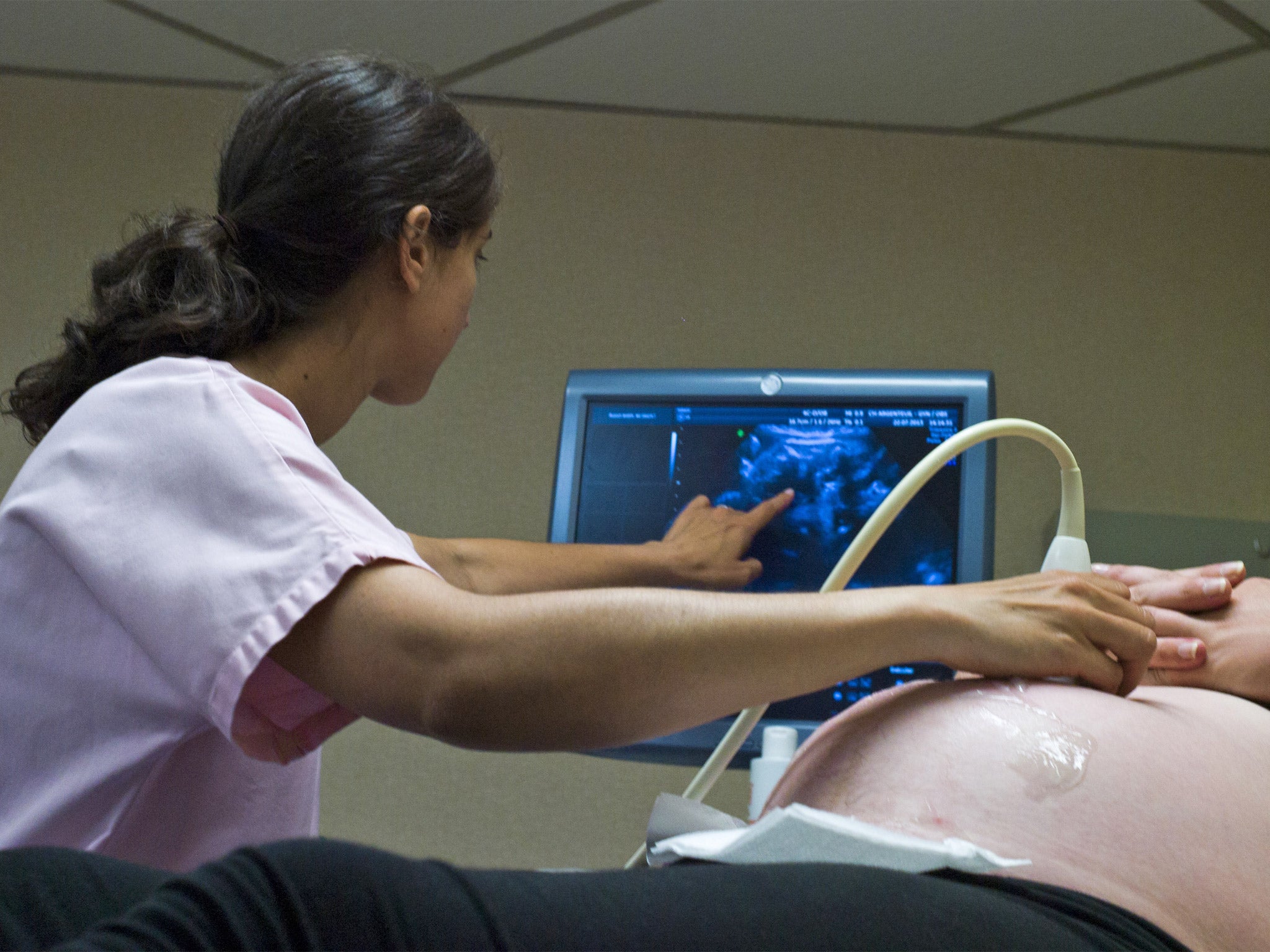Inducing pregnant women at 37 weeks 'can reduce the risk of stillbirth and cerebral palsy'

Inducing pregnant women at 37 weeks can reduce the chance of stillbirth, asphyxia and cerebral palsy, the results of a new study have suggested.
Research conducted by a professor at University of Copenhagen analysed 770,926 babies born over a 13-years in Denmark, a country where a quarter of women pregnant beyond 37 weeks have labour induced.
Researchers found the risk of neonatal death dropped from 1.9 per cent to one per 1,000 births from 2000 to 2012. They also found this corresponded with a halving of stillbirths.
Induction is usually used if a baby is overdue (after 42 weeks) or if there are any health risks for the foetus or the mother.
Professor Ojvind Lidegaard, from the University of Copenhagen and co-author of the study, said the team saw significant reductions in newborn asphyxia (23 per cent) and peripheral nerve injuries (43 per cent).
Meanwhile the proportion of infants born weighing more than 4,500g - known as macrosomia - decreased by a third.
“Another similar study we conducted recently also demonstrated a halving of stillbirths following the implementation of proactive labour induction practice,” Professor Lidegaard added.
However, the study also found that the risk of shoulder dystocia, where the baby’s head becomes stuck during a vaginal birth, increased by 32 per cent.
The study took into account risk factors that could affect the pregnancy such as the mother’s age, weight and the number of pregnancies she has had.
It noted that awareness of the dangers relating to smoking grew during the 13-year-period, corresponding with a significant reduction in pregnant smokers and contributing to the decrease in stillbirths but only marginally affecting the study.
Experts say the study needs to be scrutinised further before any firm conclusions are drawn from it.
The research is published in the journal BJOG: An International Journal of Obstetrics and Gynaecology.
Additional reporting by Press Association
Join our commenting forum
Join thought-provoking conversations, follow other Independent readers and see their replies
Comments